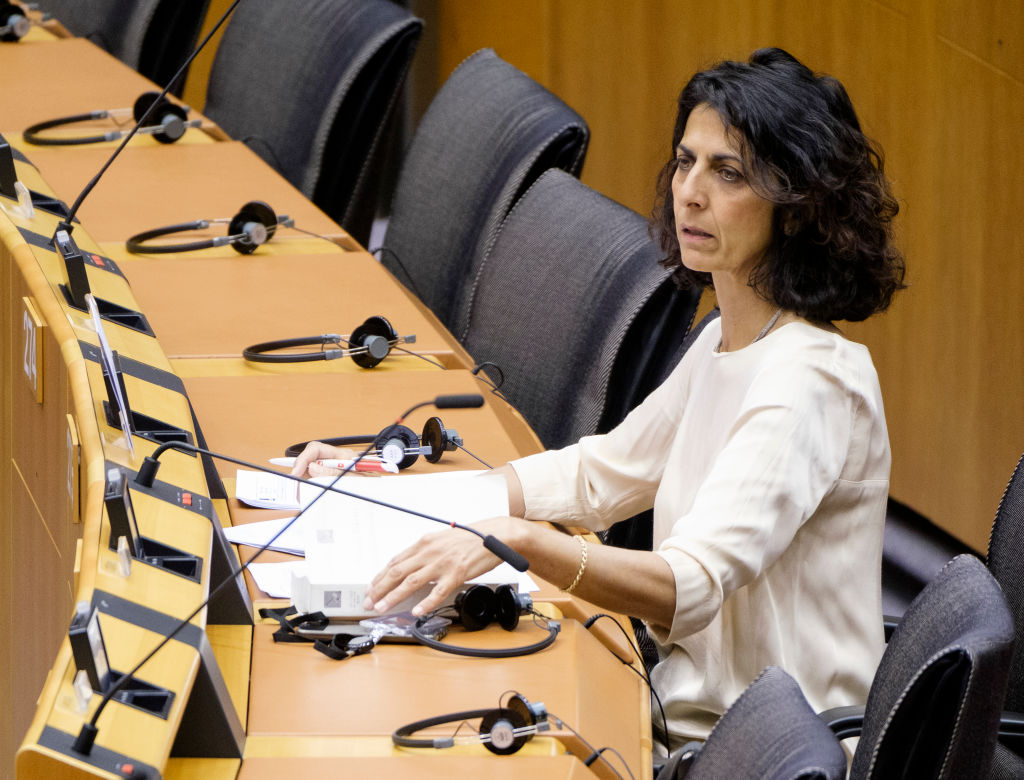US billionaire Mark Zuckerberg’s Meta Platforms, the mother company of social media giants Facebook and Instagram, is set to cut off access to news for all users in Canada.
The move came after the Canadian Parliament approved legislation forcing major online platforms to compensate news publishers for content posted on their sites.
On June 22, the Senate of Canada approved the Online News Act, or Bill C-18. This law came after complaints from Canada’s media industry, which felt it was being pushed out of the online advertising market because of social media, while at the same time, social media firms profited from their work.
Meta called the law “fundamentally flawed legislation that ignores the realities of how our platforms work”.
On Thursday, it was announced that news availability on Facebook and Instagram will be discontinued for all users in Canada prior to the bill’s implementation.
“We have repeatedly shared that, in order to comply with Bill C-18 … content from news outlets, including news publishers and broadcasters, will no longer be available to people accessing our platforms in Canada,” Meta said in a statement.
“A legislative framework that compels us to pay for links or content that we do not post, and which are not the reason the vast majority of people use our platforms, is neither sustainable nor workable,” a Meta spokesperson told Reuters.
Google also called the bill “unworkable” in its current form and said it was seeking to engage with the government to find a “path forward”.
According to Canada’s federal government, the online news bill is deemed essential to “promote fairness in the Canadian digital news market” and enable struggling news organisations to “obtain fair remuneration” for news content and links shared on those platforms.
The Canadian Parliamentary Budget Office calculated the bill would see the country’s news businesses benefit by around €228 million annually.
In 2021, Facebook implemented restrictions on Australian users, preventing them from sharing or accessing news content, in response to a law similar to Canada’s. However, following negotiations with the Australian government that resulted in amendments, Facebook eventually reinstated news content.
The Canadian bill’s approval has been praised by media industry groups as a stride towards achieving market fairness.
“Real journalism, created by real journalists, continues to be demanded by Canadians and is vital to our democracy, but it costs real money,” said Paul Deegan, president and CEO of News Media Canada.
“A free and independent press is fundamental to our democracy,” added Canadian heritage minister, Pablo Rodriguez. “It levels the playing field by putting the power of big tech in check and ensuring that even our smallest news business can benefit through this regime and receive fair compensation for their work.”
Earlier, Meta announced it was conducting tests on ending news access for a small percentage of Canadians in preparation of the bill’s passing. At the time, Canadian Prime Minister, Justin Trudeau, said what he saw as “bullying tactics” would not work with his government.
“The fact that these internet giants would rather cut off Canadians’ access to local news than pay their fair share is a real problem, and now they’re resorting to bullying tactics to try and get their way. It’s not going to work,” Trudeau said.
Google, which has said it is considering the same approach as Meta to blocking news in Canada, said on Thursday that it is in any case attempting to “avoid an outcome no one wants”.
“Every step of the way, we’ve proposed thoughtful and pragmatic solutions that would have improved the bill and cleared the path for us to increase our already significant investments in the Canadian news ecosystem,” Google said.
“So far, none of our concerns have been addressed. Bill C-18 is about to become law and remains unworkable.” The company said it is “continuing to urgently seek to work” with the government to find a “path forward”.
The legislation will become law after receiving royal assent from the governor general, which is considered a formality.





